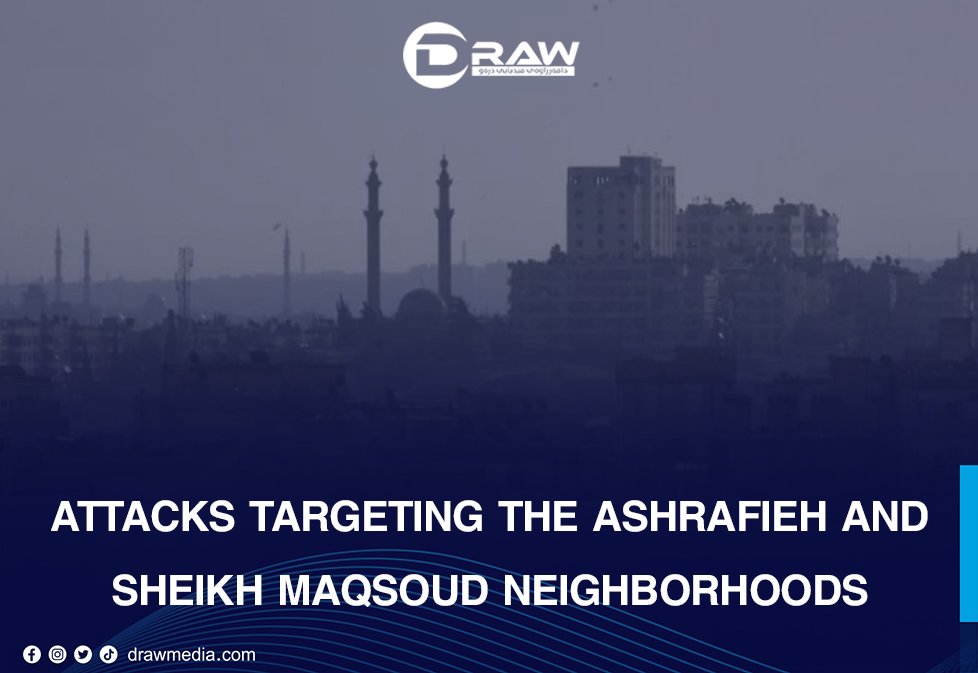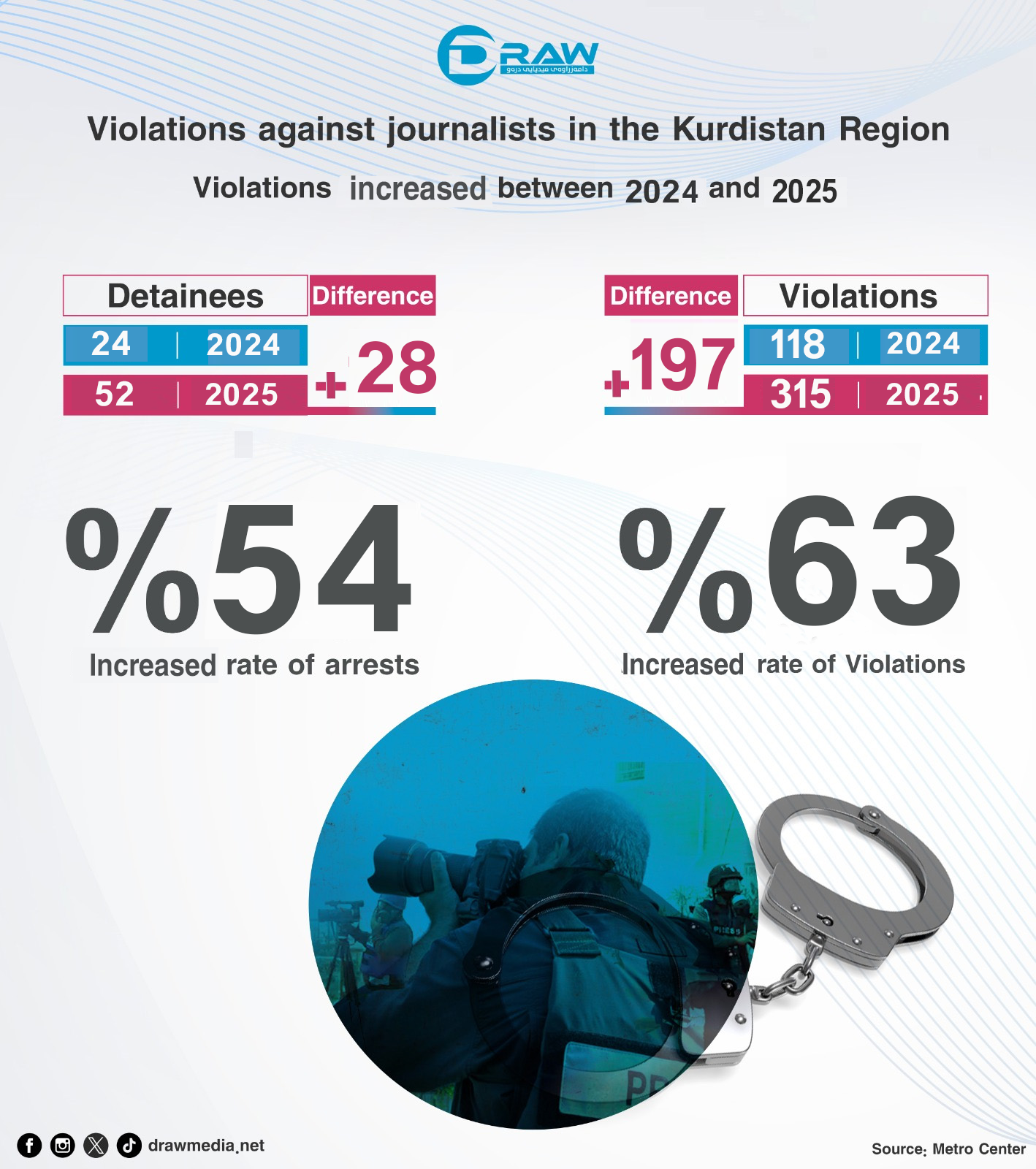U.S. Government invested $300 million for KRI's oil and gas sector
.jpg)
2024-04-13 12:36:56
aught in the middle of a standoff between Baghdad, Erbil and Ankara, international oil companies operating in Iraq's semiautonomous Kurdistan region are warning they may no longer continue investing amid an "increasingly hostile business environment."
Exports of the crude oil they produce have been blocked for more than a month, as Iraq and Turkey have yet to agree on terms to reopen a critical pipeline to the port of Ceyhan following an international arbitration ruling.
Beyond that, lingering sovereignty disputes over oil revenues between the Kurdistan Regional Government and the federal Iraqi government are still casting a pall, while the expiry of the Iraq-Turkey pipeline agreement looms in 2025.
The regulatory and political uncertainty threatens the approximately 450,000 b/d of Kurdish crude production, with five of the IOCs operating there forming a trade group to advocate for their interests. The Association of the Petroleum Industry in Kurdistan comprises DNO, Genel Energy, Gulf Keystone Petroleum, HKN Energy and Shamaran Petroleum.
The group has largely kept its activities out of the spotlight since organizing in February due to the sensitivity of relations between the governments involved in getting Kurdish crude to market. But with no resolution in sight to the shutdown of exports from Ceyhan, some members say they need to become more active and visible.
"The KRG is plateauing in [crude] production, and much of that is due to the political issues," said one representative of a company in APIKUR who asked not to be named.
"It's too difficult to justify an increased investment. For the KRG and the IOCs, this is an existential imperative."
Gulf Keystone said April 27 it was weighing legal action over the halt in exports that has forced it and other IOCs to shut in production.
APIKUR met with KRG Prime Minister Masrour Barzani April 18 to lay out its concerns.
The association has also urged the US and UK governments, where many members are listed or headquartered, to pressure Baghdad, Erbil and Ankara to resolve their disputes and closely monitor any agreements.
In letters to American and British lawmakers, APIKUR has said its members "cannot continue to make significant new investments [in Kurdistan] given the increasingly hostile business environment," adding that without more upstream development, the region's largely mature oil fields will see major degradations in crude production, while mooted gas projects will not get off the ground.
The US has also financed $300 million in energy projects in Kurdistan.
At stake is the KRG's ability to remain solvent, with Western governments seeking Kurdistan as a bulwark against Iran's influence in the Middle East, as well as the Islamic State and other terror groups.
"Kurdistan has historically been a strong ally to the West," said another APIKUR representative, who also spoke to S&P Global Commodity Insights on condition of anonymity.
"The engagement has to step up very quickly, as an objective broker. There's a nexus of multiple issues: the political side, the financial side, protection of shareholder rights, but also protecting the Kurds and their way of life, which will be severely compromised."
Sanctity of contracts
Oil and gas revenues fund some 80% of the KRG's budget.
But Kurdish crude production has fallen from a peak of nearly 600,000 b/d, in large part due to the sovereignty dispute that has constrained the KRG's finances.
The federal Iraqi government in 2017 reclaimed some Kirkuk oil fields from the KRG, after the region's successful non-binding independence referendum escalated tensions between Baghdad and Erbil.
Baghdad has at times withheld budget payments to the KRG as well, and federal oil marketer SOMO has threatened to sue buyers of Kurdish crude and block IOCs and service companies from operating there, citing an Iraqi Supreme Court decision from February 2022 that ruled the KRG's independent exports as unconstitutional.
KRG officials have rejected the ruling.
The cash-strapped KRG has racked up billions of dollars of debt to oil traders and the IOCs, which APIKUR says Baghdad needs to address if it is going to assume control of Kurdistan's oil sector.
"What we really care about is contract sanctity and surety of payment," the first APIKUR representative said.
The Iraqi oil ministry and the KRG did not respond to requests for comment, while a SOMO official who spoke on condition of anonymity said "technical" issues were still being ironed out.
While the resumption of exports from Ceyhan is of immediate priority, APIKUR officials said the Iraqi budget, an oil and gas law, and the renewal of the Iraq-Turkey pipeline agreement are also of heightened importance.
A preliminary deal reached in February that would see the KRG receive 12.67% of the federal budget and establish an account to handle revenues from Kurdish crude sales has yet to be ratified by the Iraqi parliament.
Talks over comprehensive overhaul of the country's oil and gas law that could enshrine regulation of the Kurdish oil sector appear on the backburner.
Meanwhile, a negotiating window to renew the Iraq-Turkey pipeline agreement is set to open later in 2023, two years before it expires. But that is likely to be complicated by the International Commercial Court's arbitration ruling March 23 that Baghdad says ordered Ankara to pay financial penalties for allowing the KRG to independently export its crude, in violation of the pipeline pact.
Resolving those thorny matters would lift the regulatory cloud that hangs over the Kurdish oil sector, APIKUR says.
"In good faith, the IOCs can commit to a capital deployment program if these issues are addressed -- fix the pipeline issue and the repayments," the second APIKUR official said.
"The delay in payments puts pressure on us as IOCs to reestablish the confidence of the market in investing in Kurdistan. The more delays, the more reduction in the level of production, which then creates the shortfall in revenues. The situation is very severe."


.jpg)

.jpg)


.jpg)

.jpg)
.jpg)
